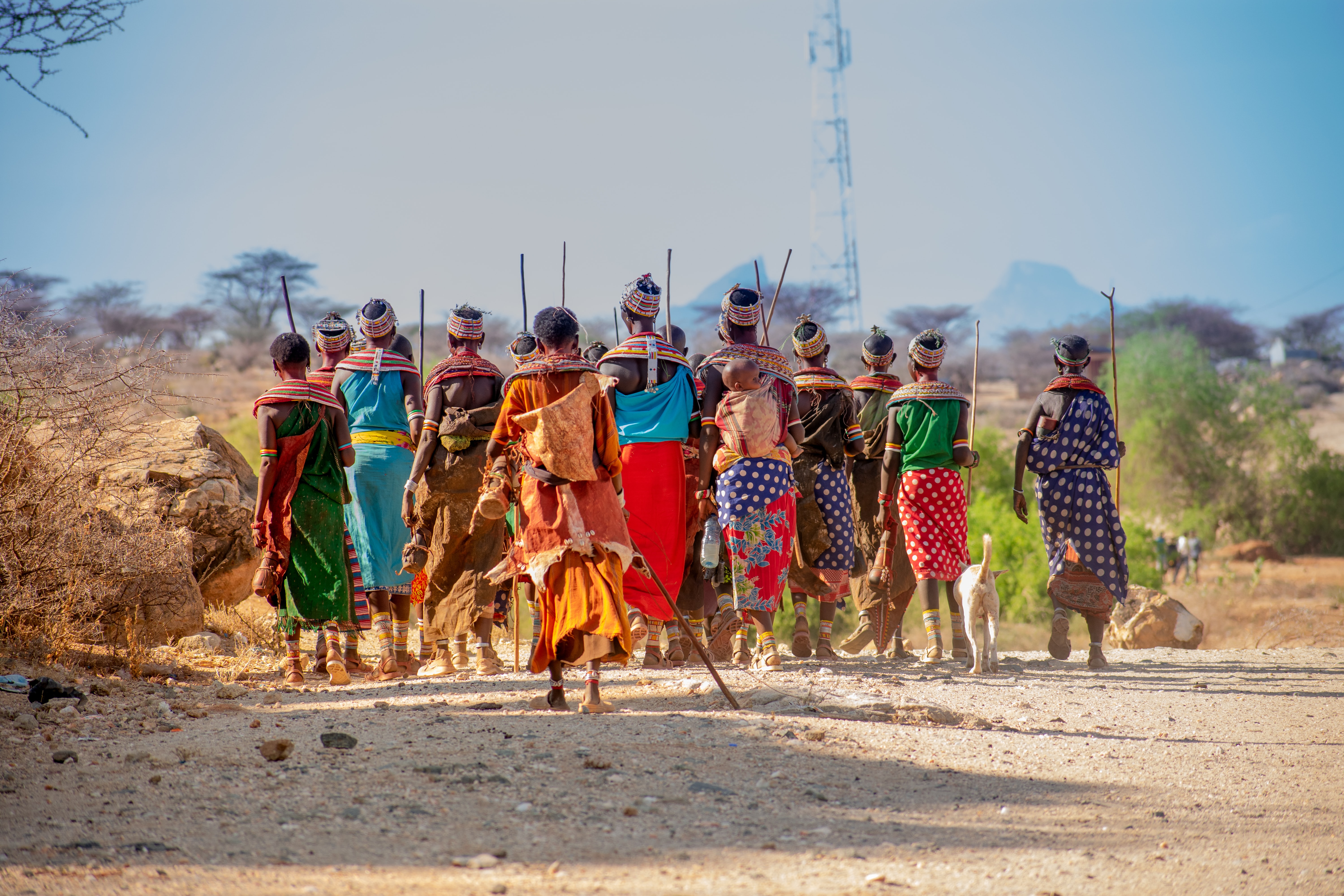Partnership for Resilience and Economic Growth Impact Evaluation: Baseline Survey
Review findings from the Impact Evaluation Baseline Study of the USAID-funded Partnership for Resilience and Economic Growth II initiative in Northern Kenya.
Image

This report presents the baseline resilience analysis of the second phase of USAID-funded Partnership for Resilience and Economic Growth (PREG II) project in northern Kenya. The objective of this impact evaluation (IE) is to provide insight into how household resilience capacities affect income and food security outcomes and perceived recovery in the face of shocks that the households experience in the arid and semi-arid lands counties covered by PREG. This IE baseline study provides estimates against which to monitor and assess the progress and effectiveness of PREG II activities during implementation and after the activity is completed. The PREG II IE seeks to answer several research questions on household coping strategies and resilience capacities. This baseline study gathers data that answer some of the research questions now; other questions will be addressed in subsequent recurrent monitoring surveys and the endline survey. The PREG II IE baseline study is a mixed-methods quasi-experimental design that has a qualitative component and two quantitative components—a household and a community survey. The quasi-experimental nature of an IE requires a treatment group and a counterfactual. For this IE, the treatment group is comprised of households in sublocations in Garissa, Isiolo, Marsabit, Wajir, and Turkana counties that are stratified into three levels of resilience programming intensity defined as 1) low-intensity (PREG II or at least two other USAID development activities, 2) medium-intensity (PREG II + one other USAID development activity, or three other USAID development activities), and 3) high-intensity (PREG II + two or more USAID development activities, OR four other USAID development activities). PREG II has three interrelated objectives: increasing household incomes, enhancing resilience, and bolstering adaptive capacity to climate change among vulnerable pastoral people in northern Kenya. PREG II is being implemented in targeted locations in Garissa, Isiolo, Marsabit, Turkana, and Wajir counties. The program seeks to generate the economic growth needed to reduce poverty and hunger and to achieve the Government of Kenya’s vision of a commercial and modern agricultural sector by investing in agriculture and livestock production to improve the competitiveness of high-potential value chains and promote diversification into higher-return on and off-farm activities.




